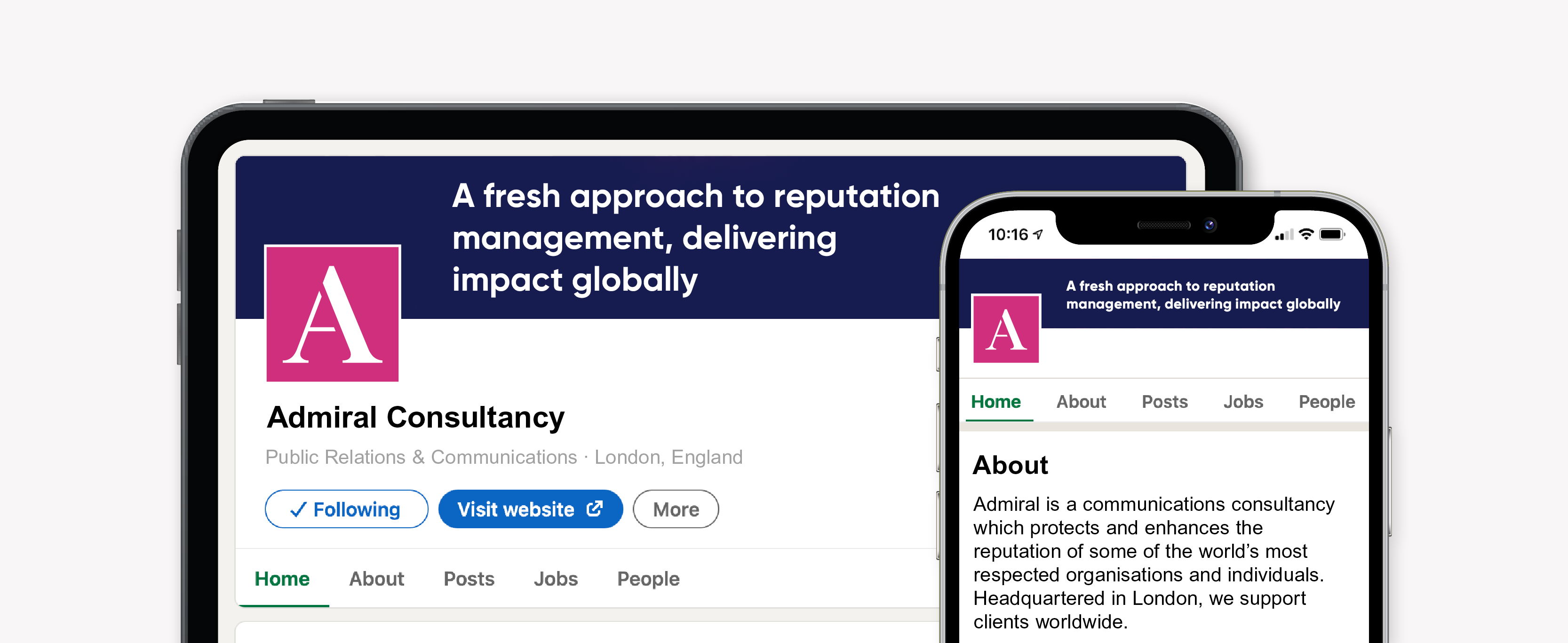
Grab your mobile phone or tablet. I want you to dig under the bonnet and have a look at what data your device is recording about your daily activities.
If you have an iPhone or iPad select Settings > Privacy > Location Services > System Services > Frequent Locations. If you have an Android device that uses Google services you can access your personal location data via the web.
The image above shows my movements in London on Tuesday last week. There’s a video replay option in which a red marker retraces my steps during the day. It clearly shows the places where I’ve been and how long I spent at each location.
In both cases the services are opt-in. You can turn them on and off via the settings on your device.Your phone knows your every move. It almost certainly knows your whereabouts better than your partner or family.
Edward Snowden, the security-contractor-turned-leaker, revealed last year that in some circumstances metadata from foreign citizens is being recorded by the US National Security Archive (NSA). In a speech last month President Obama committed to tighten up the way that the NSA operates. He said that in future the US will only record information from the phones of friends and allies when there is a compelling national-security reason to do so.
Should we be concerned? Consumers trade the utility of personal networks with the disclosure of personal data every day.
Proponents of social media happily log their location on social networks such as Facebook and FourSquare via mobile devices.
This contributes to an individual’s social graph and provides networks with location information that can be used as the basis of advertising.
A recent project at the University of Birmingham (PDF) showed that it is possible to predict the location of an individual at a point in the future based on data from their mobile phone.
The algorithm, developed by Mirco Musolesi, Manlio Domenico, and Antonio Lima, combines location-based tracking with data from the people in your phone book.
It won first prize in Nokia’s 2012 Mobile Data Challenge to find interesting applications for the interpretation of mobile data.
The research team claims that data from your own phone can be used to predict your location in the next 24 hours to within about a kilometre. Add data from two or three friends and it’s possible to get to within 20m.
Human beings are social animals and our interaction with friends is predictable.
As you’ve seen if you interrogated your own device, this data is already being captured by your mobile phone and, if you allow it, is being shared with social networks such as Facebook and FourSquare.
It’s not much of a stretch of the imagination to envisage how the University of Birmingham project could be used by governments to predict the movement of citizens or by companies wanting to lure mobile phone users with details of shops and restaurants.
This issue is part of the important ongoing conversation about the benefit of technology versus privacy.
In the meantime mind your mobile data.
Stephen Waddington is Chairman of Admiral PR, European Digital & Social Media Director at Ketchum and President of the CIPR. Author of Brand Anarchy and Brand Vandals; and editor and contributor to Share This and Share This Too.
